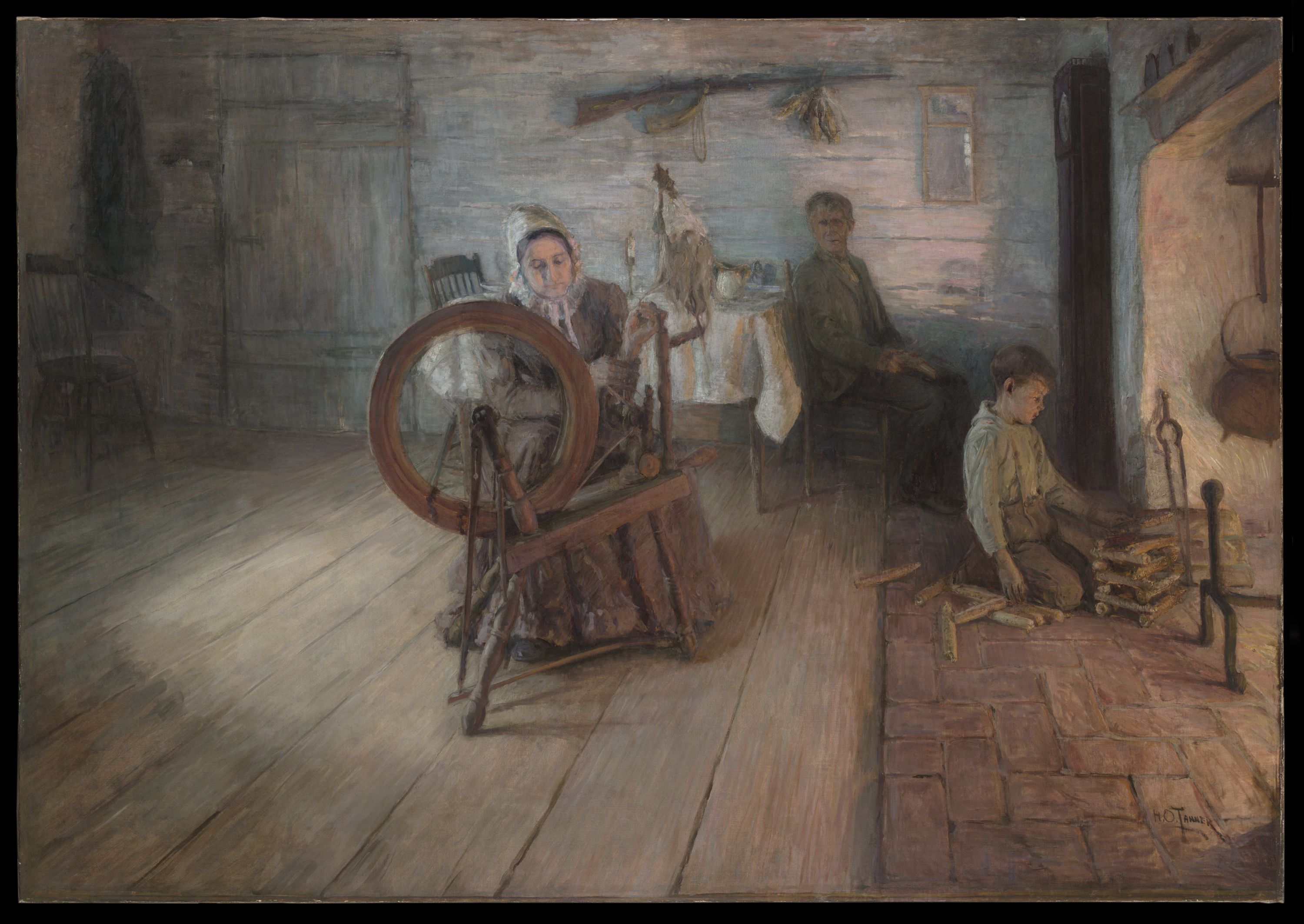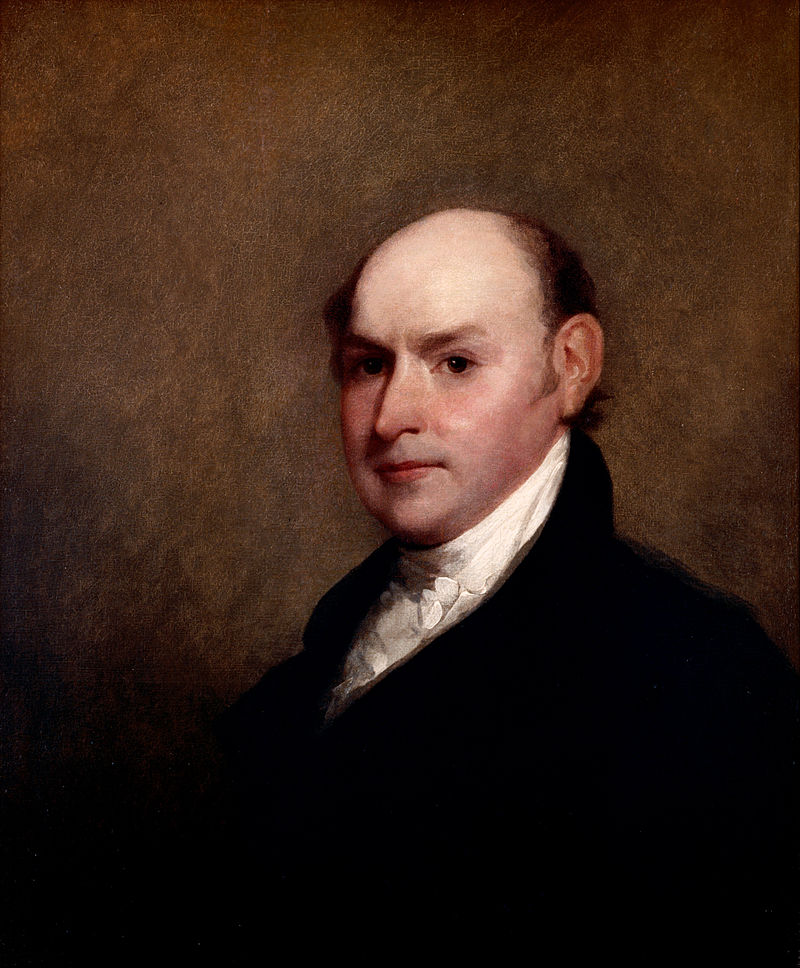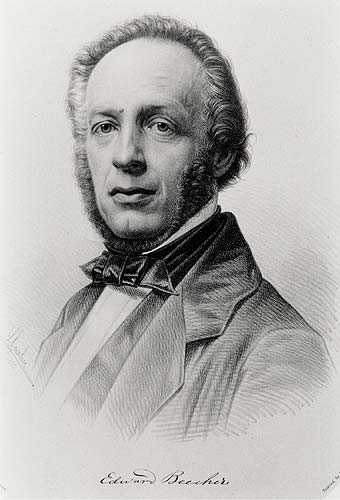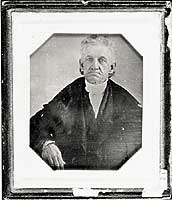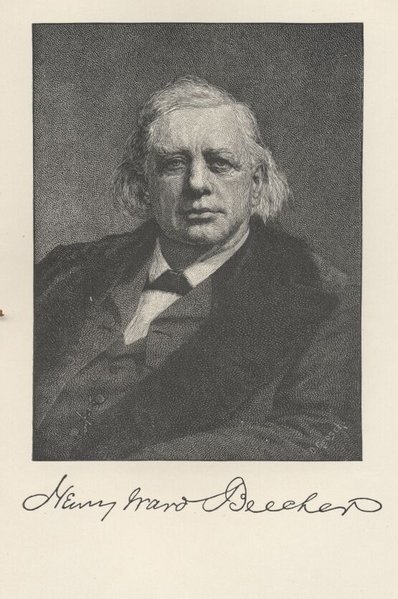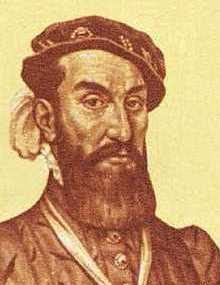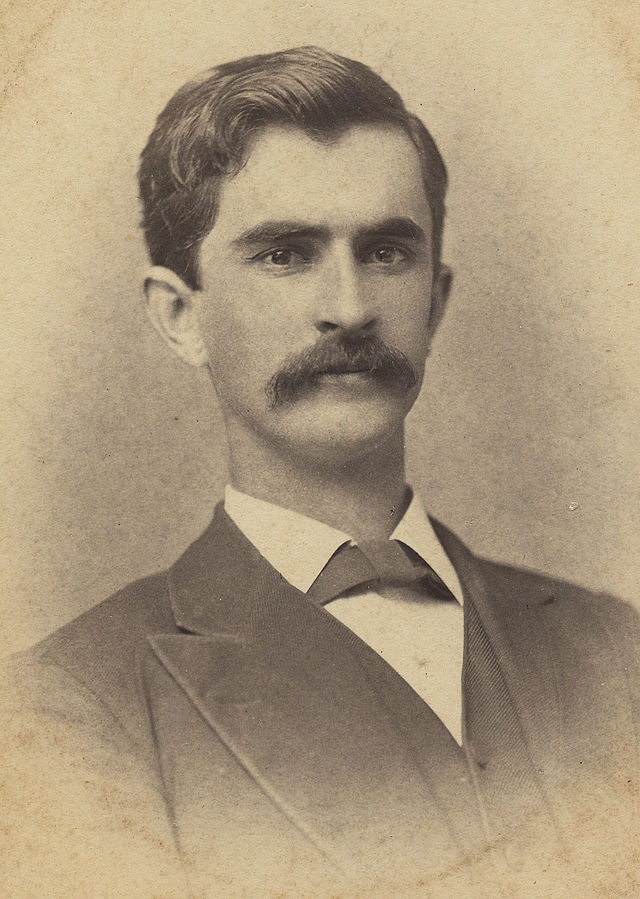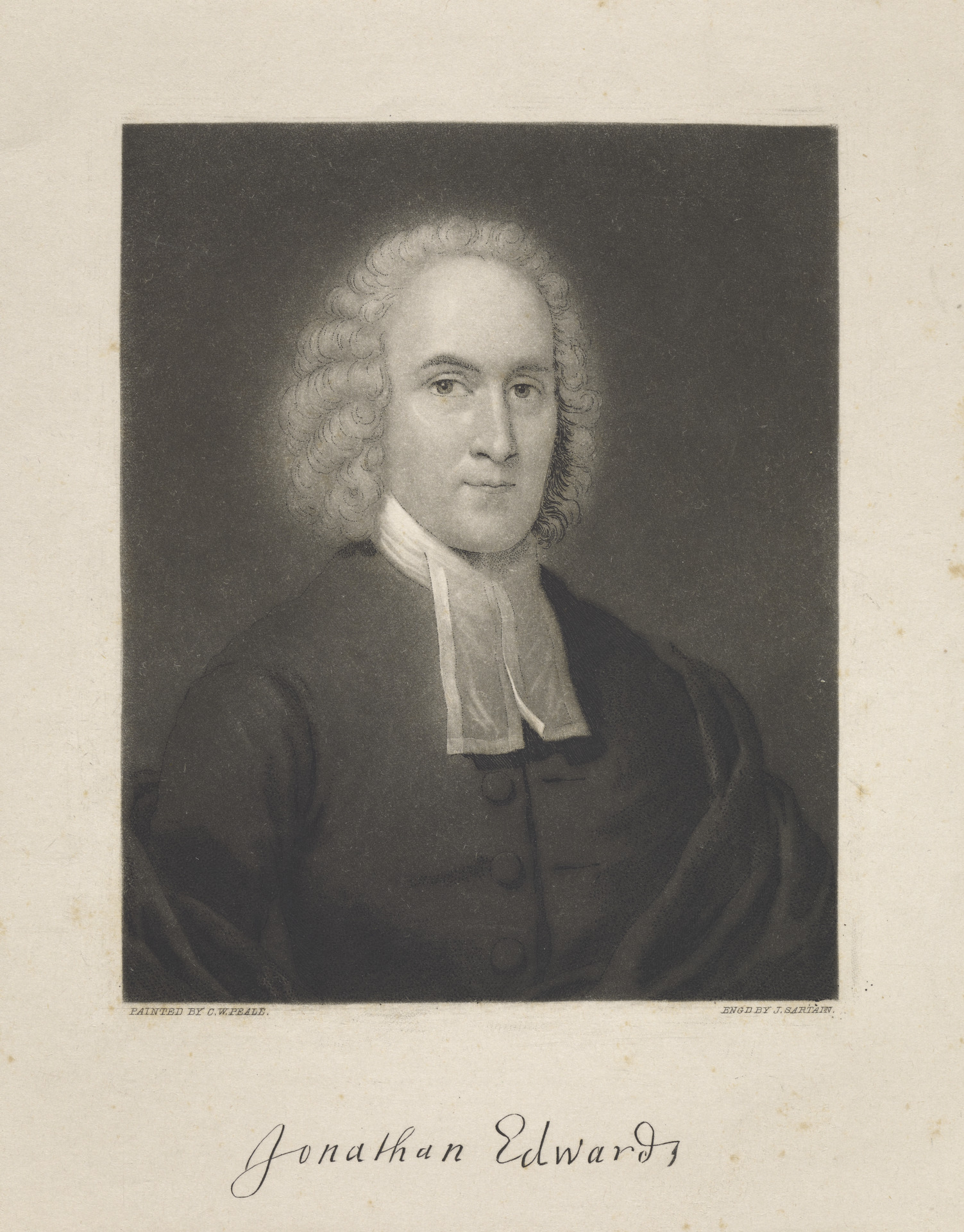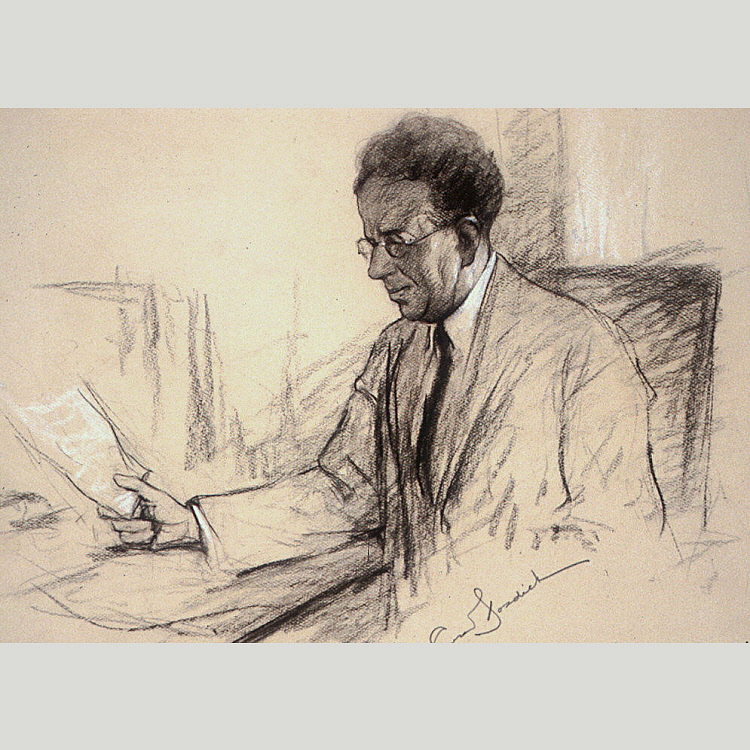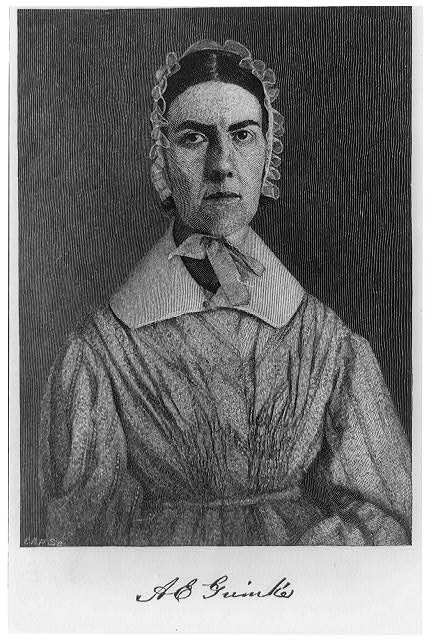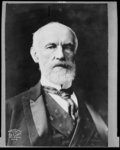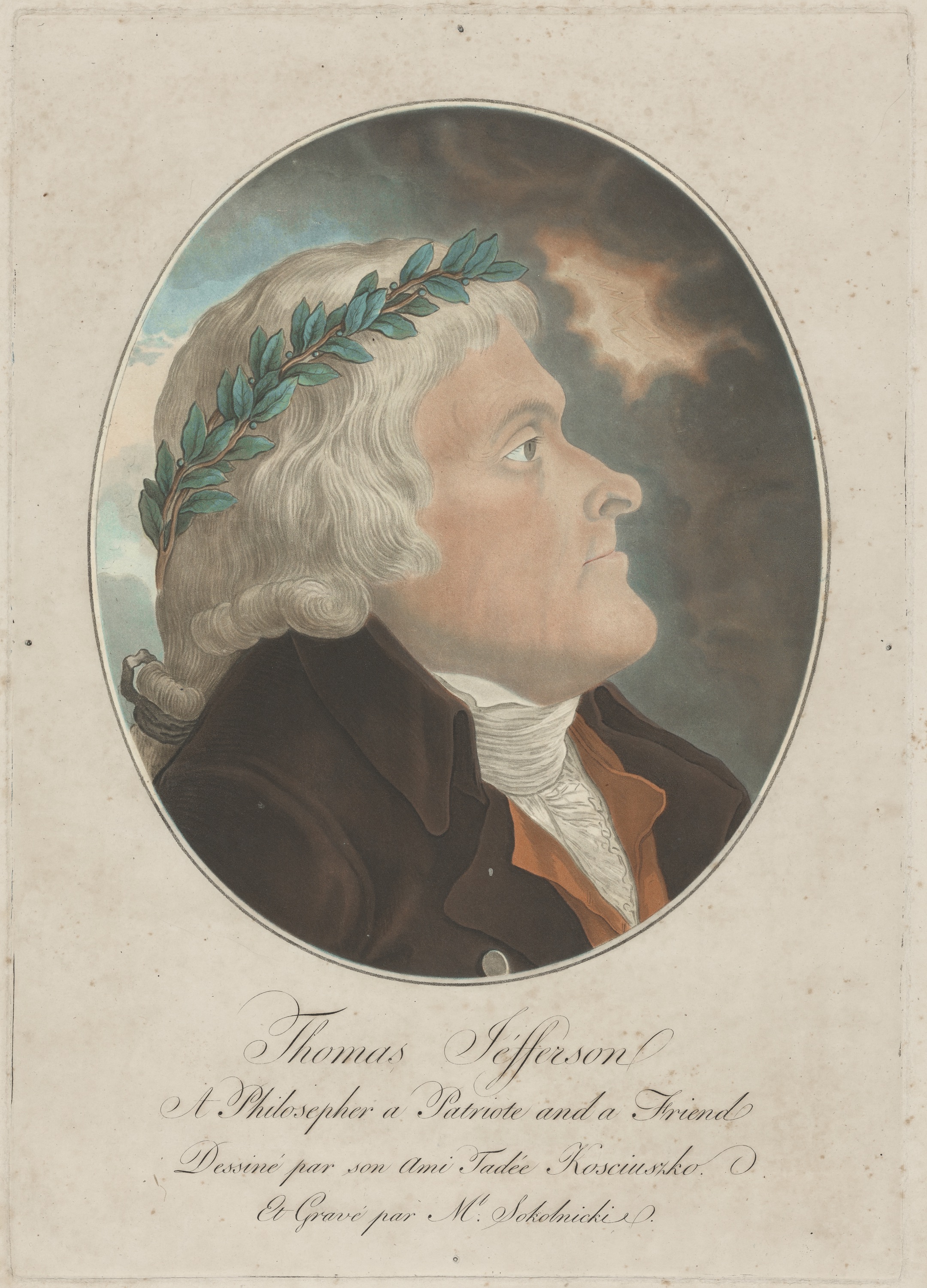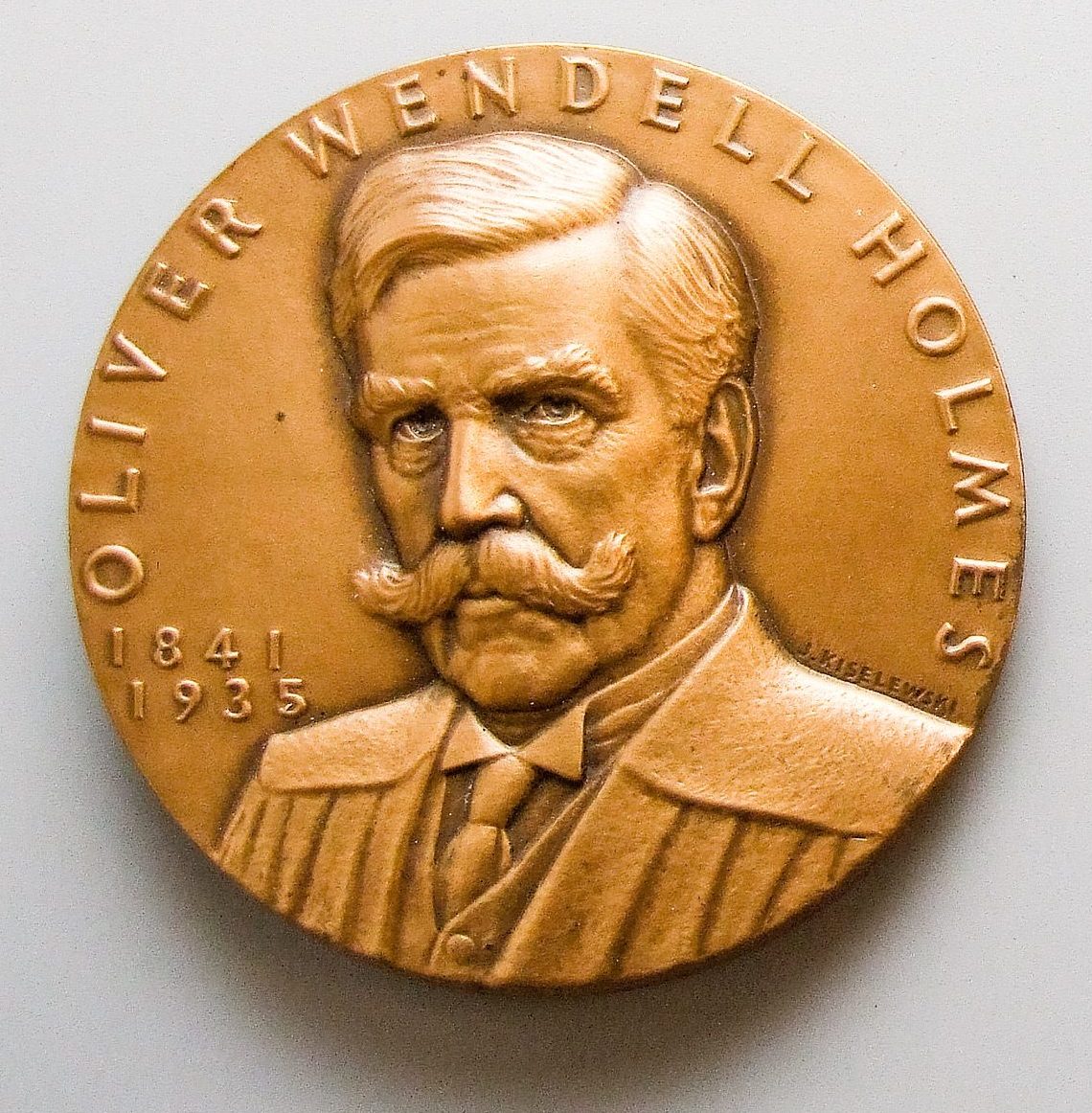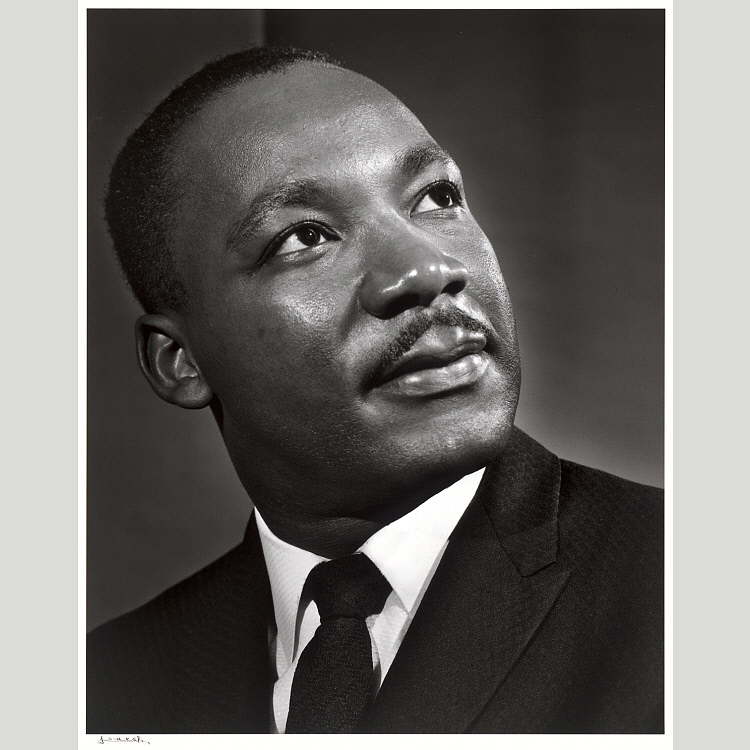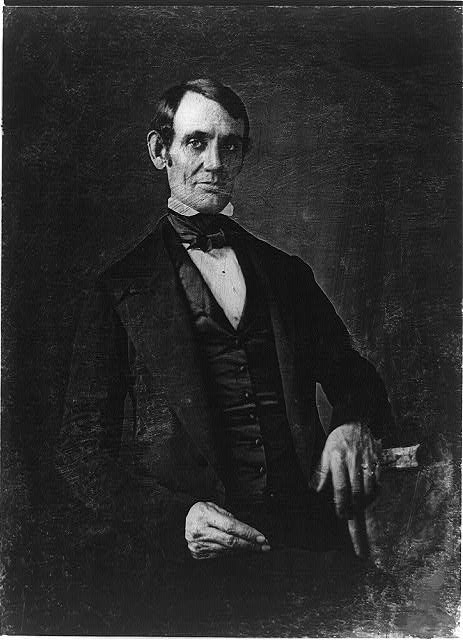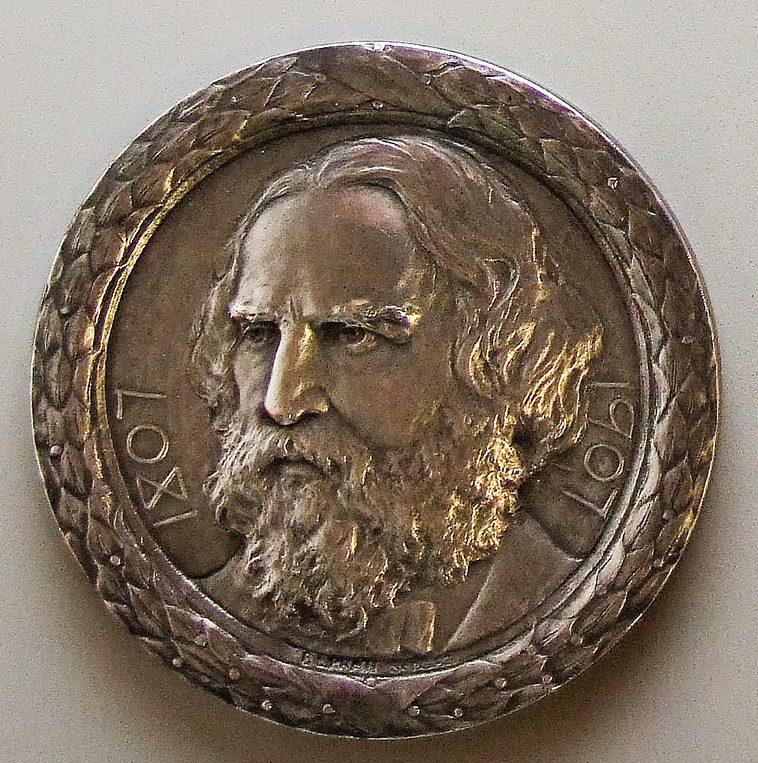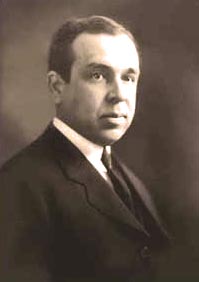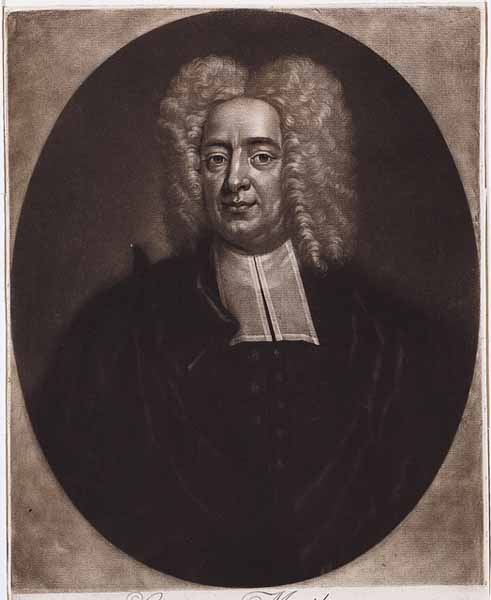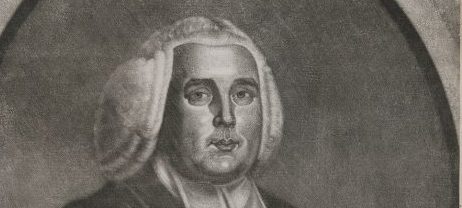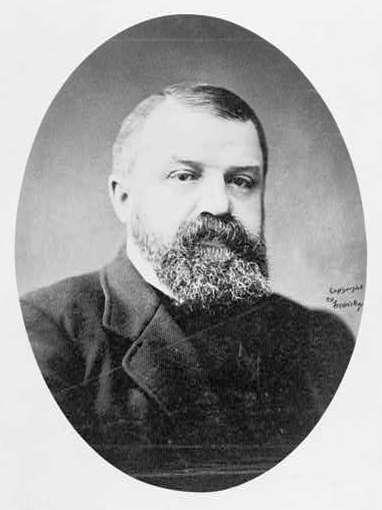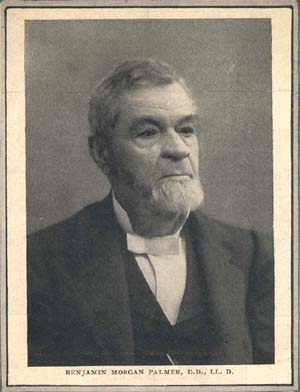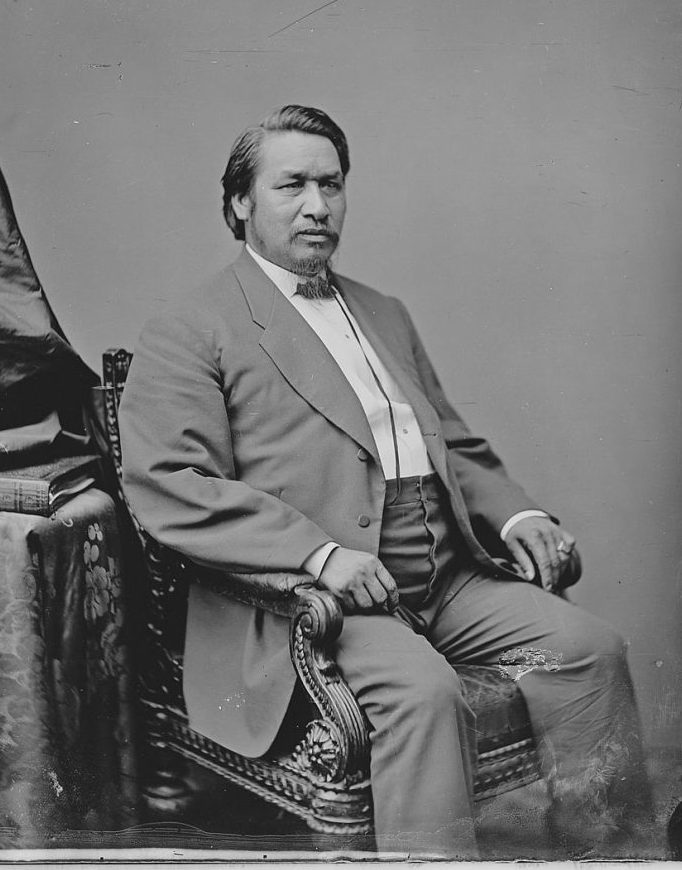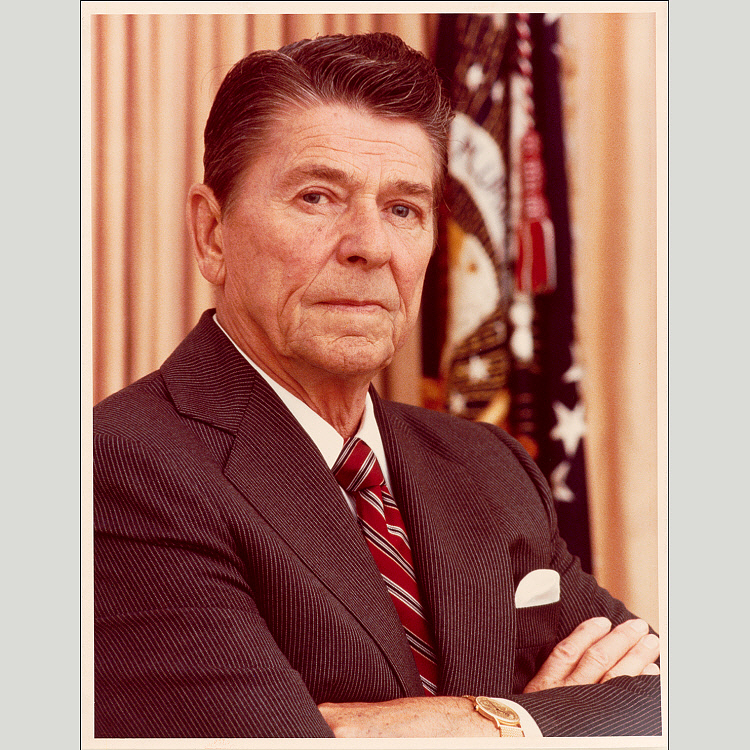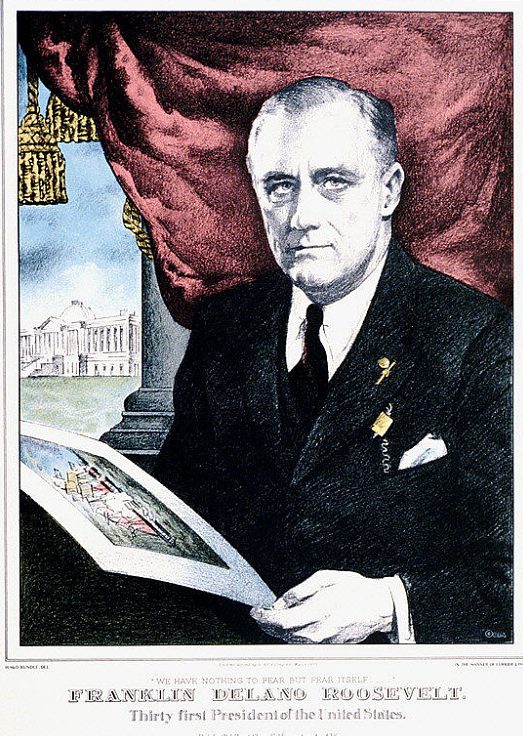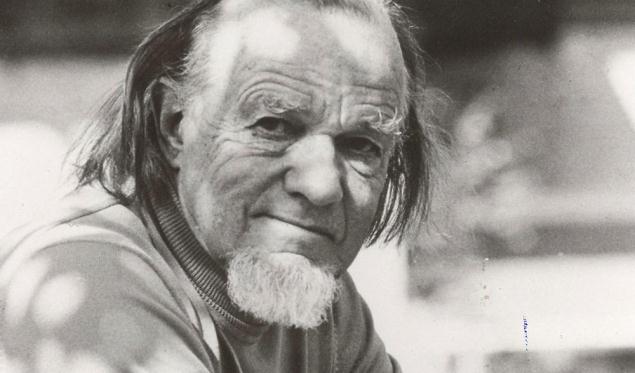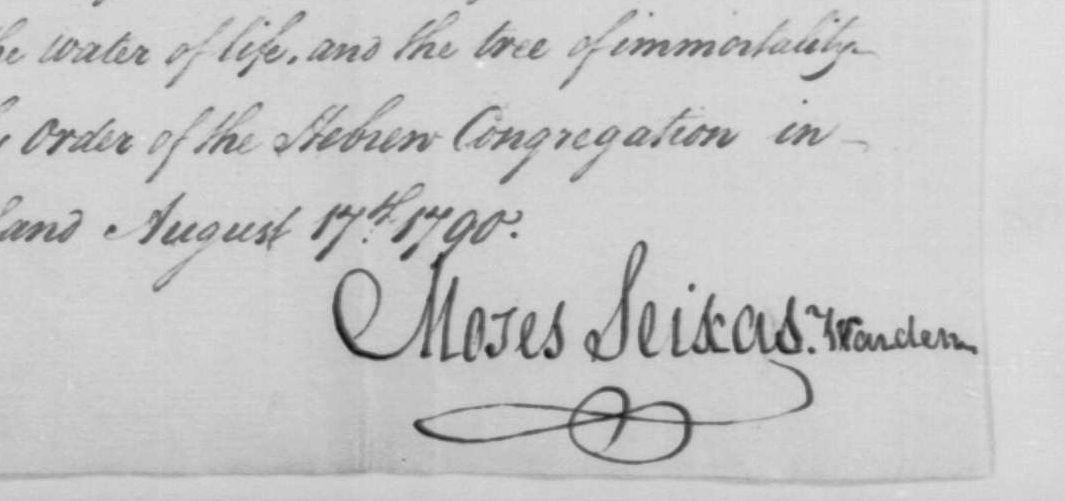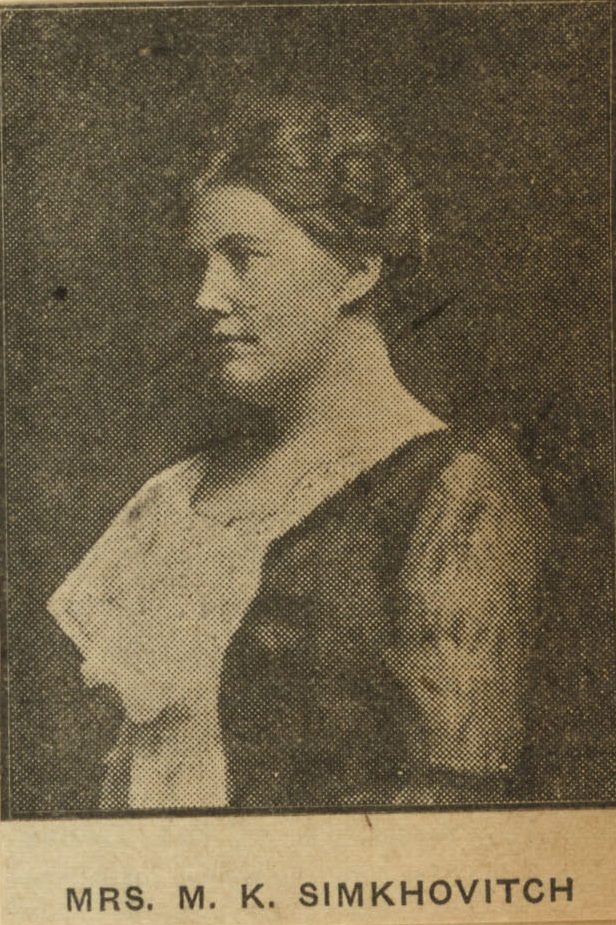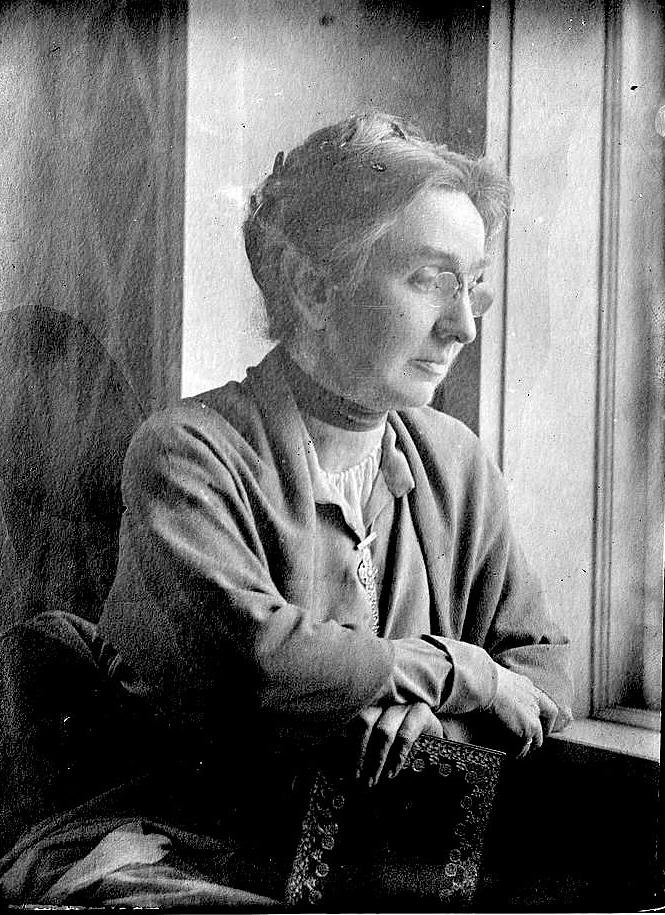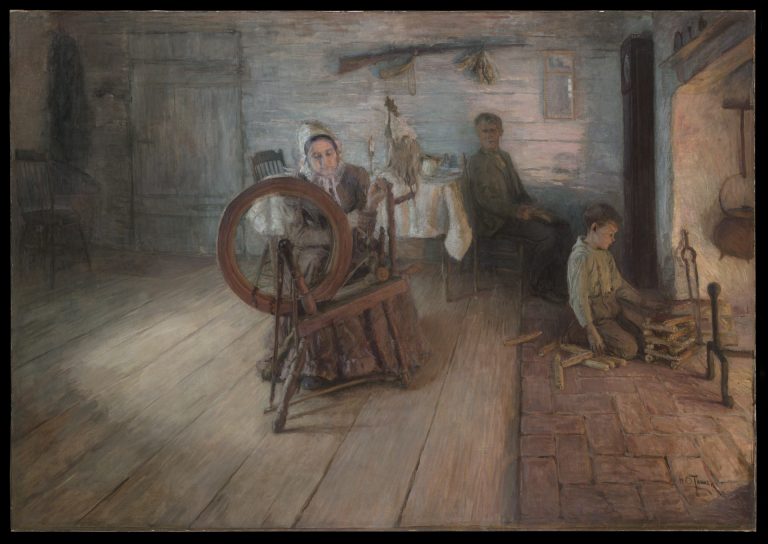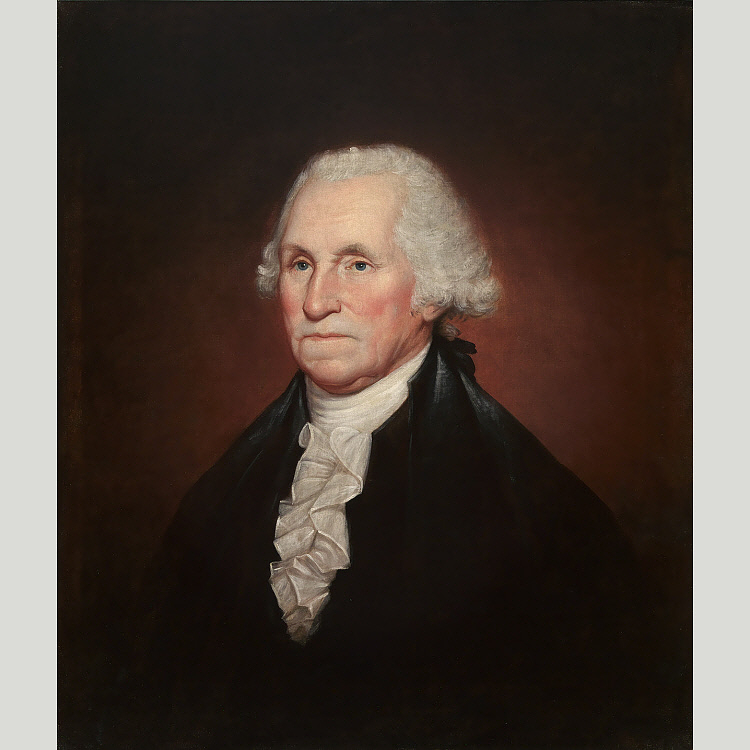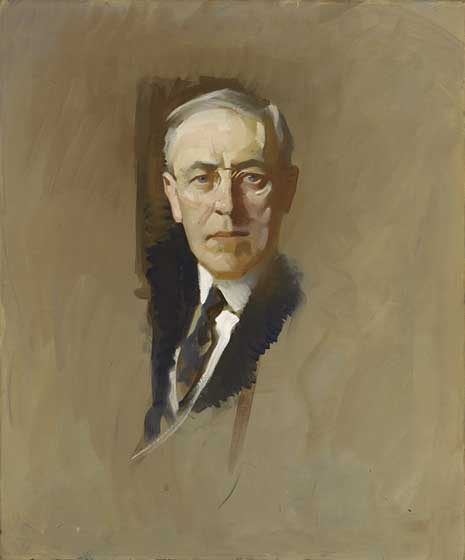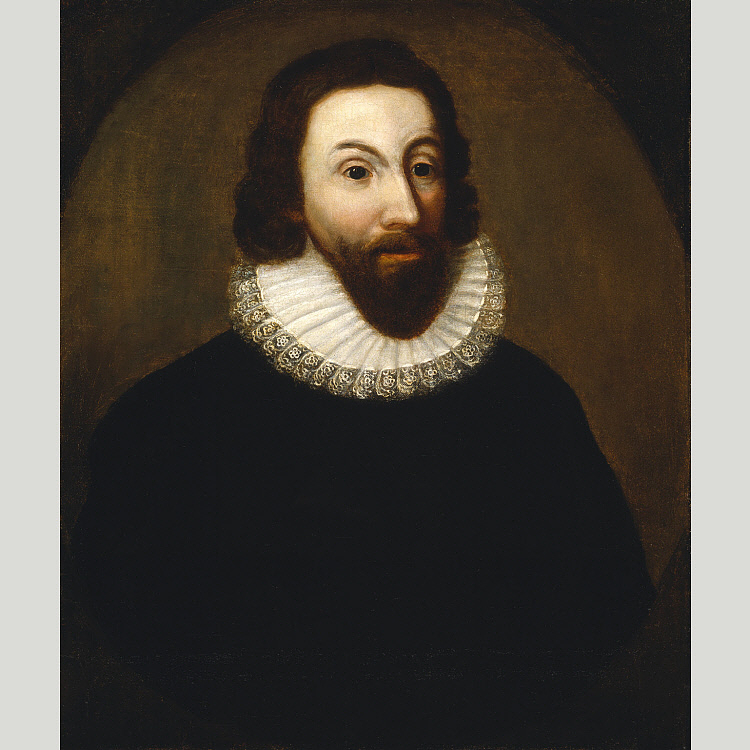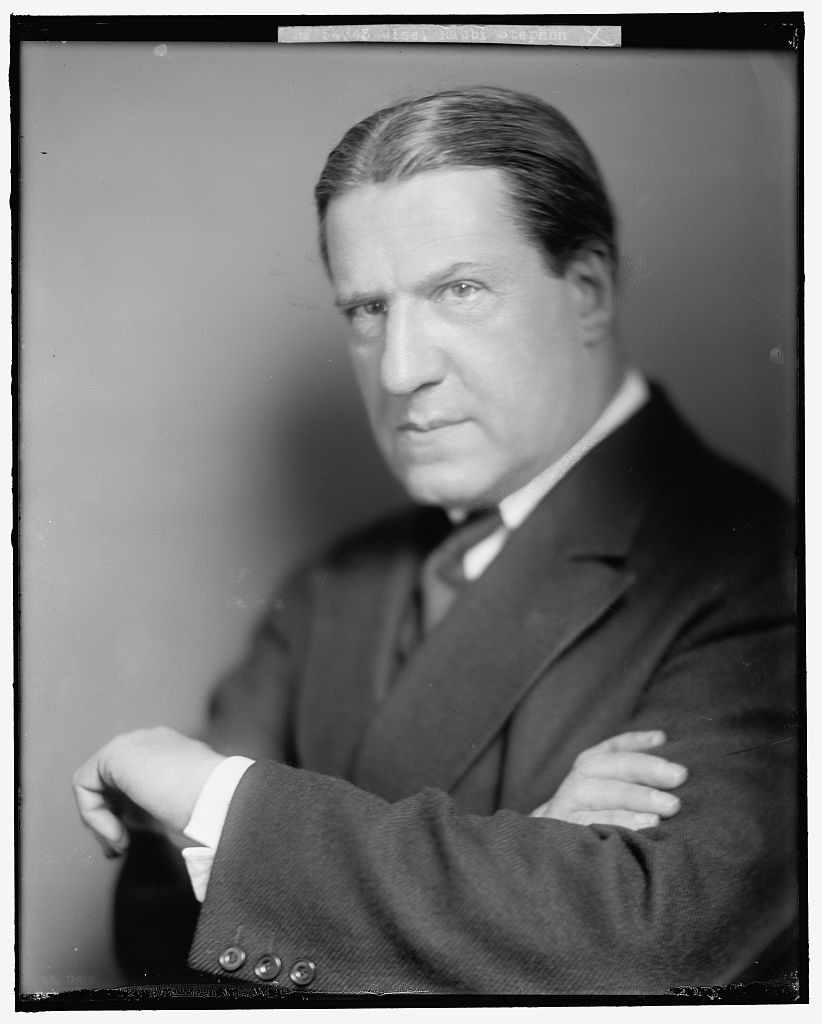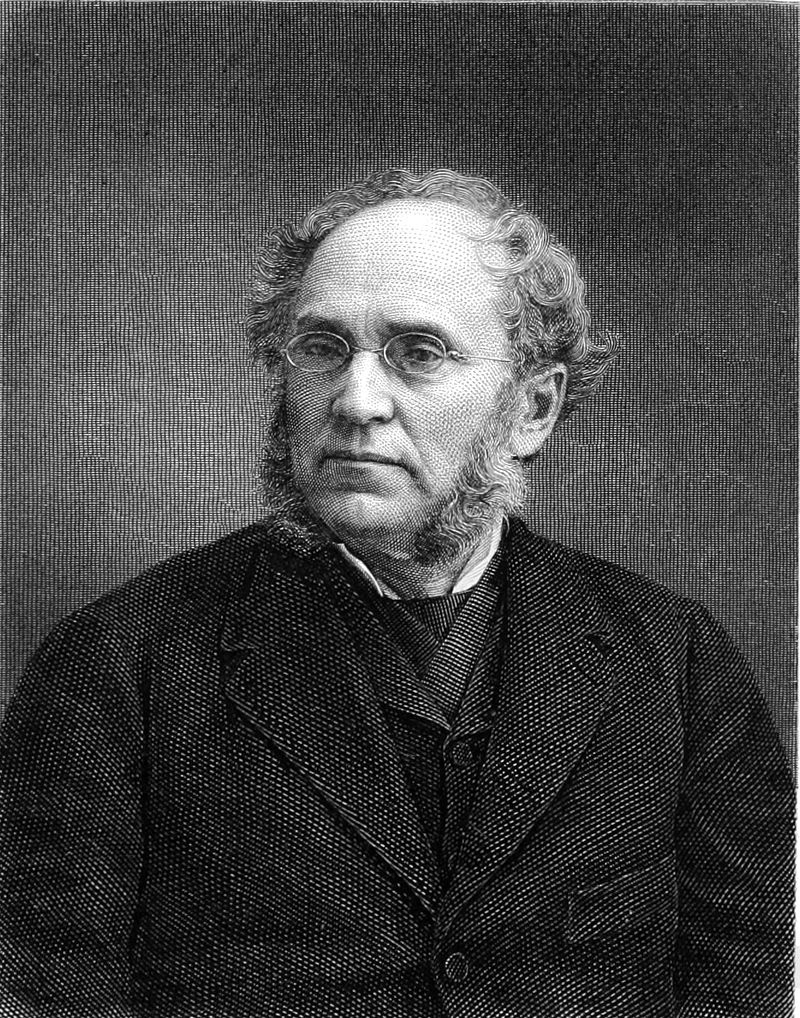Author
John Quincy Adams
objects in the collection: 1
Among his many accomplishments, John Quincy Adams served as the sixth president of the United States. Throughout his career, he paid careful attention to the role of morality and virtue in shaping the nation's character and policy.
Jane Addams
objects in the collection: 8
Jane Addams dedicated her life to ensuring that even the nation's poorest citizens would be able to realize their natural right to the "pursuit of happiness" central to the Declaration of Independence. Although Addams’ personal religious views are somewhat enigmatic, she fully believed that the human soul existed on a level above the merely material or even rational.
Edward Beecher
objects in the collection: 1
Edward Beecher was the son of Lyman Beecher, the brother of Henry Ward Beecher and Harriet Beecher Stowe. In addition, Beecher was an erudite and widely published abolitionist and social reformer.
Lyman Beecher
objects in the collection: 1
Lyman Beecher, father of Edward Beecher and Henry Ward Beecher, was an outspoken proponent of the traditional doctrines of Calvinism, as well as a proponent of widespread religiously-based education.
A.C. Dixon
objects in the collection: 1
A. C. Dixon was a well-known Baptist minister, writer and evangelist, and one of the founders of American Fundamentalism.
Jonathan Edwards
objects in the collection: 1
Jonathan Edwards served as pastor of the Congregational church in Northhampton, Massachusetts and recorded the revivals in the town that eventually spread and became known as the first Great Awakening. He is considered to be one the greatest American theologians of all time.
Harry Emerson Fosdick
objects in the collection: 1
Harry Emerson Fosdick was a well-known Baptist minister and writer, and a self-described liberal who opposed religious fundamentalism.
G. Stanley Hall
objects in the collection: 2
G. Stanley Hall was perhaps the most prominent psychologist in America in the later years of the nineteenth century. He founded the American Journal of Psychology (1887), was the first president of the American Psychological Association (1892), served as president of Clark University for 31 years, taught philosophy, and wrote a good deal about education.
Thomas Jefferson
objects in the collection: 1
Thomas Jefferson was the principal author of the Declaration of Independence, the Virginia Statute for Religious Freedom, and Notes on the State of Virginia. He served as the third president of the United States (1801-1809).
Abraham Lincoln
objects in the collection: 6
Abraham Lincoln served as the sixteenth president of the United States, leading the nation through the Civil War.
Henry Wadsworth Longfellow
objects in the collection: 1
Henry Wadsworth Longfellow was the most widely celebrated American poet of his time. His poems frequently celebrated nationalist themes and contributed to the evolution of the New England literary tradition.
J. Gersham Machen
objects in the collection: 1
J. Gersham Machen was the last of a long line of Presbyterian theologians at Princeton who thought of themselves as upholding the traditional teachings of the denomination. He eventually left Princeton to found Westminster Theological Seminary.
Cotton Mather
objects in the collection: 1
Cotton Mather was among the most prolific Puritan authors, writing on topics ranging from childrearing to witchcraft to science, education, international politics, and more.
Jonathan Mayhew
objects in the collection: 2
Jonathan Mayhew, a Boston Congregationalist pastor, was one of the earliest and most outspoken opponents to British policies towards the American colonies. John Adams credited his preaching with inspiring the American Revolution.
Dwight Lyman Moody
objects in the collection: 1
Dwight L. Moody was one of the most famous evangelists and reformers of the nineteenth century. After a religious conversion as a young salesman in Boston, Moody began to volunteer as a speaker at his local church. Eventually he moved to Chicago, where he started a Sunday school in a poor neighborhood. As the parents of the Sunday school students became interested in what their children were learning, Moody eventually formed a large urban congregation ministering primarily to the poor and immigrant populations of the city.
Francis Schaeffer
objects in the collection: 1
A student of J. Gresham Machen, Schaeffer was among the most forceful voices in late twentieth century American Christianity to speak against the social and political repercussions of the materialist and evolutionary view of human nature.
Edward Taylor
objects in the collection: 2
Edward Taylor was born in England during the civil war between Royalists and Puritans and immigrated to the Massachusetts Bay Colony in 1668. There he completed his education at Harvard and accepted a call to the ministry, becoming pastor of the Congregational Church in Westfield, Massachusetts. He served the church for over fifty years, marrying twice and raising fourteen children in Westfield.
George Washington
1st President of the United States objects in the collection: 3
A collection of Washington's writings on religion.
John Winthrop
objects in the collection: 1
John Winthrop, known for “both for his integrity and sufficiency, as being one very well fitted and accomplished,” was the first governor of the Puritan Massachusetts Bay Colony and the single most influential voice in its politics for its first twenty years of existence. A member of the gentry with practical leadership experience gained managing his family estate, Winthrop had also served as a county justice and as an attorney in the royal courts. Although he was moderately successful in these roles, Winthrop ultimately became so troubled by the corruption of court policy under Charles I that he abandoned any hope for reform. Instead, he joined the growing number of religiously zealous Englishmen and women convinced that their only chance of establishing a godly society lay in the new world.
Stephen S. Wise
objects in the collection: 1
Stephen S. Wise (1874-1949) was among the most prominent Jewish rabbis in America in the first half of the twentieth century. The son of a Conservative rabbi who immigrated to the United States from Prussia, Wise converted to Reform Judaism as an adult and became an ardent supporter of both Zionism and Progressive social reform. In 1897, Wise helped found the Federation of American Zionists (later known as the Zionist Organization of America). After completing his rabbinical studies and earning his PhD from Columbia University in 1901, Wise became involved in a controversy over freedom speech within American Reform Judaism. Wise argued that rabbis should be free to address their congregations without submitting to outside oversight and in order to do so, he founded the Free Synagogue of New York City in 1907. He and his congregation quickly became known for their participation in progressive social movements, working not only to advance the cause of the Jewish diaspora, but other marginalized people groups at home and abroad.
